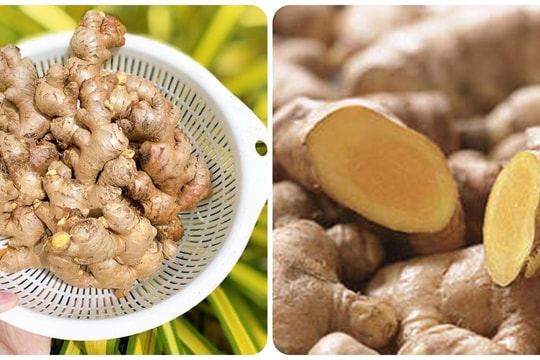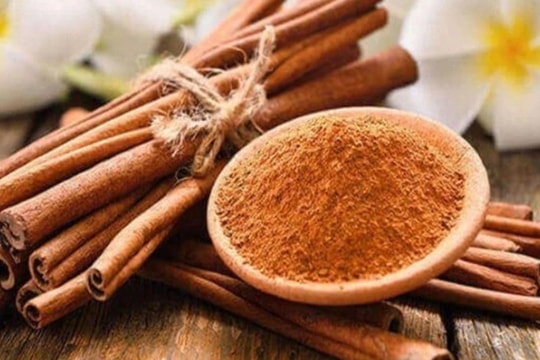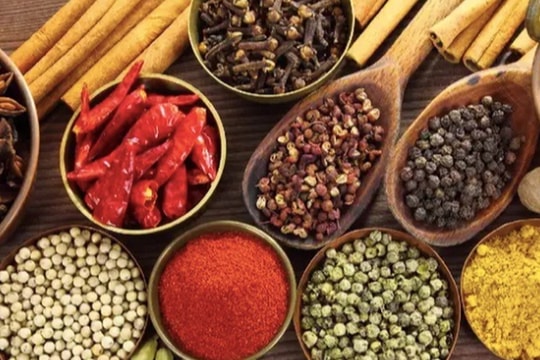Should MSG be used in meals?
When it comes to MSG, some people are afraid to eat it for fear of harming their health. The following scientific information about MSG will help you decide whether to eat it or not.
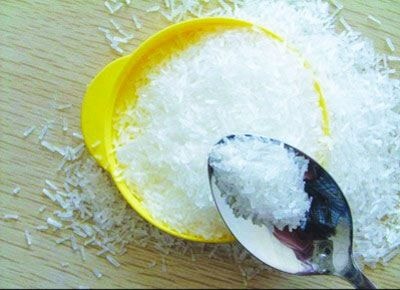 |
| MSG is essentially a salt of glutamic acid. Illustration photo |
Salt/sodium is a spice that was first discovered in human history. It helps bring a salty taste to food, making it more delicious, at the same time it supplements essential minerals for the body, helps balance electrolytes and is also used to preserve food. However, using too much salt can lead to many health hazards such as: high blood pressure; increased calcium excretion through the kidneys and increased risk of osteoporosis; related to stomach cancer...
Vietnamese people have a habit of eating salty food. Currently, the average salt consumption is up to 18-20g/person/day; 3 times higher than the recommended requirement of less than 6g salt/person/day. Therefore, reducing salt and salty foods in the diet will have many health benefits.
However, dishes with too little salt are bland and unappetizing, making them difficult to prepare and easily affecting nutritional status. According to taste science, saltiness can inhibit bitterness, so when saltiness is reduced in a dish, the bitterness increases while sweetness is reduced, making many people lose their appetite.
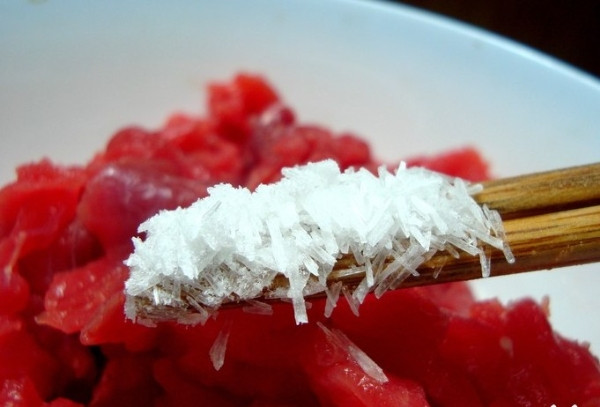 |
| Using a small amount of MSG every day not only creates deliciousness but also reduces salt intake. Illustration photo. |
One proposal is to combine glutamic acid with Na+ to create a flavoring called MSG (also known as umami) that gives food its delicious taste.
Umami is a basic taste along with the other four basic tastes: sweet, sour, salty and bitter. Umami is the taste of glutamate and some nucleotides; it can be described as the savory, sweet taste of tomatoes, the sweetness of broth or the umami of meat. Today, umami is a popular taste in the world's culinary culture. The phrase "umami seasoning" is used to describe seasonings with high glutamate content such as MSG/monosodium glutamate, seasonings made from fermentation (fish sauce, soy sauce, shrimp paste, fish sauce...) of which the most popular is MSG.
MSG (monosodium glutamate) is the sodium salt of glutamate (Glu) - an amino acid that is widely present in nature and has an umami taste in its free form. The sodium content in MSG is only about 1/3 of the sodium content in table salt and the amount of MSG consumed is also small compared to salt. Therefore, MSG only contributes about 1/20 - 1/30 of the sodium content compared to salt in the diet, so MSG contributes insignificantly to the total daily sodium intake.
 |
| You can safely use MSG because it is also a flavoring in food. Illustration photo. |
A study in Japan conducted a combination of 0.38% MSG with 0.4% NaCl and the palatability was equivalent to 0.8% NaCl alone. By combining optimal amounts of NaCl and MSG, salt intake was reduced by about 50% and sodium intake by about 40% without changing the palatability of the dish.
Glutamate (MSG) content in some foods: Fish sauce: 1307mg/100g, tomatoes: 246 mg/100g, crab: 72mg/100g, soy sauce: 950mg/100g, corn: 106mg/100g, beans: 106mg/100g...
So, you can safely use MSG because it is also a flavoring of food. The Joint Food and Agriculture Organization (FAO)/WHO Food Additives Committee (JECFA) and the US Food and Drug Administration (FDA) both consider MSG a spice that is considered safe, similar to salt, pepper, and vinegar. The Vietnamese Ministry of Health also includes MSG in the list of permitted additives.
Moreover, the amount we use every day is also very small, creating deliciousness while reducing salt, although according to the European Community's Scientific Committee on Food, the daily dose is not determined. For patients who have to eat a low-salt diet, MSG has helped them reduce salt but still taste good, they will eat to ensure nutrition for the body.
According to SK&DS
| RELATED NEWS |
|---|




